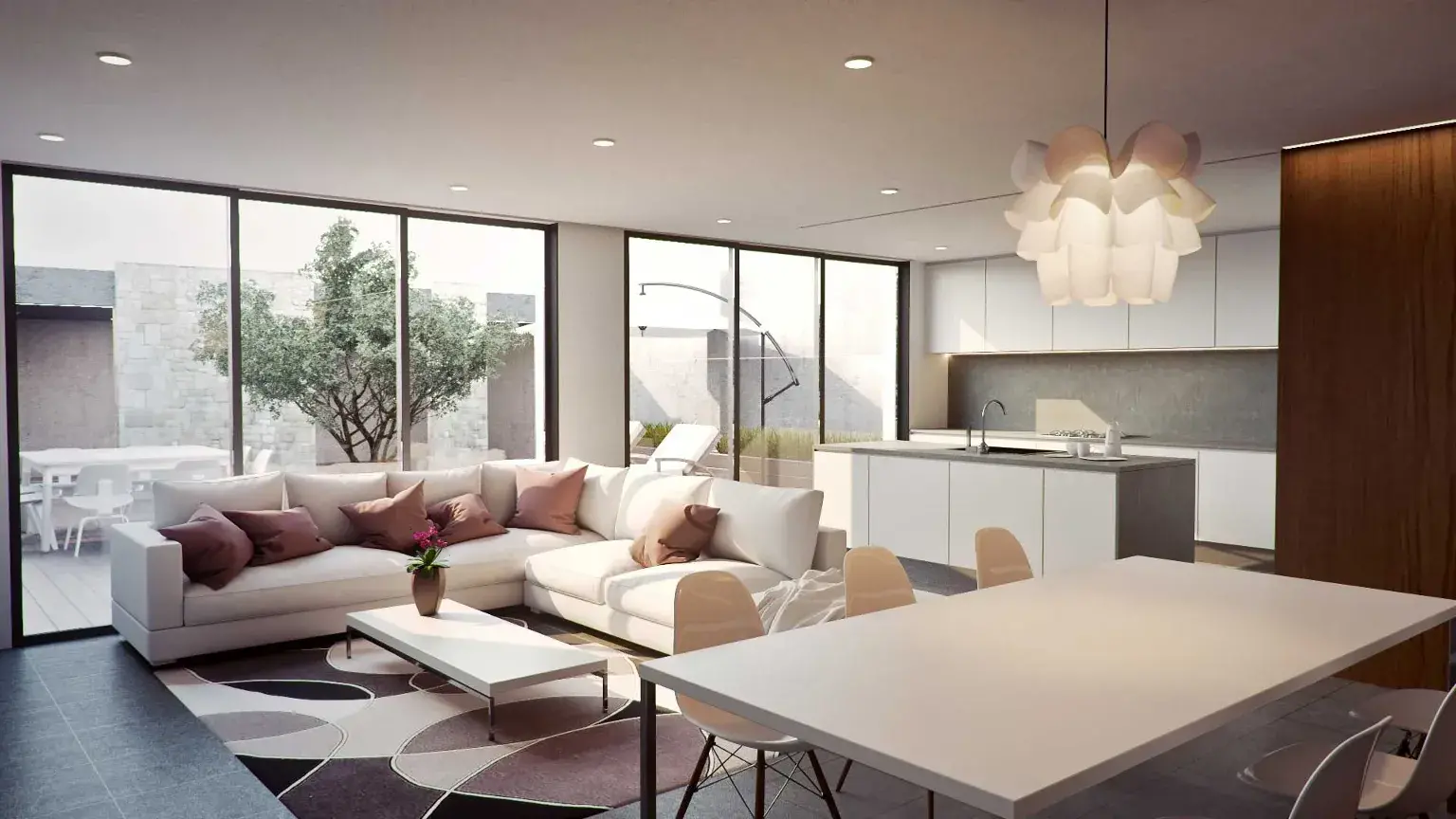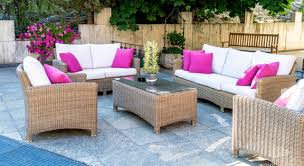What wood is the best for outdoor furniture? Cypress, redwood, and cedar are three softwoods that have natural moisture-wicking properties and make fine choices for outdoor furniture. But in our opinion, the best wood for outdoor furniture comes from top-of-the-line hardwoods such as ipe, mahogany, and teak.
What is the most durable material for outdoor furniture? Metal is typically the strongest and most durable material for outdoor garden furniture. Because of its strength, metallic frames can be thinner and shaped into more complex designs than other options, giving manufacturers greater style flexibility.
What is the most weather resistant wood? Teak – Teak has been used in coastal construction and outdoor furniture for years because of its reputation of being one of the most weather-resistant hardwoods.
What wood lasts the longest outdoors? Teak. Teak is the king of durable, outdoor woods. It’s extremely rot resistant, reasonably dense and straight-grained, will not warp or crack over time, and has an attractive appearance. Teak is chiefly associated with boatbuilding.
What wood is the best for outdoor furniture? – Additional Questions
Is cedar better than oak?
When choosing between oak and cedar for furniture, oak will give you a better appearance. However, cedar offers excellent rot and pest resistance and has applications for closets and drawers. White oak is the most appropriate for flooring, although well-sealed red oak will serve.
What lasts longer cedar or pressure-treated wood?
When it comes to comparing treated wood vs. cedar, pressure-treated wood is the sturdier and more weather-proof of the two. It’s highly resistant to insect attack and rot, and special versions rated for “ground contact” can be buried in soil and will continue to shrug off decay for decades.
What are the disadvantages of cedar wood?
Disadvantages of Cedar Wood Decking:
- Cost- Just like composite, cedar can be much more expensive than other wood.
- Fades to a weathered grey over the years, which can be a drawback to some people.
Does cedar need to be sealed?
Cedar offers a durable option for exterior and interior building projects with natural resistance to rot and decay, so a protective finish is optional. If you want to enjoy the aroma of varieties such as Western Red Cedar and incense cedar, leave the wood unsealed.
Can you leave cedar untreated?
Left untreated, cedar shakes — individual planks of one of several varieties of cedar — will discolor and begin to soften, with a possibility of rot after about five years, depending on the climate. There are several options for covering cedar siding, including stain, a clear treatment or paint.
Is cedar decking better than pressure treated?
Cedar ranks higher than pressure-treated wood in many aspects. Cedar is stronger and durable, resists warping, and requires less maintenance than treated wood. Cedar is also more eco-friendly, easier, and safer to work with. Save for its relatively higher cost; Cedar is the better choice.
Is cedar fence better than pressure treated?
Durability/Strength
Cedar is stronger and more durable than pressure-treated lumber. Pressure-treated lumber can warp and weather within a few years if left untreated, while cedar is more capable of naturally keeping its shape. However, cedar is more susceptible to cosmetic damages, such as dents and scratches.
What is cheaper pressure treated or cedar?
Pressure-treated decking pros and cons
The standard treated decking at my local lumberyard costs less than cedar. But inexpensive treated wood is often full of moisture and will shrink unevenly and twist when it dries.
What is the best wood to use for a fence?
Here Are Some Of The Best Wood For Fencing and Their Key Features And Benefits.
- Cedar. Cedar offers excellent resistance to rot and has natural oils that deter insects.
- Redwood. Redwood is one of the most widely used wood types for wooden fencing.
- Doughlas Fir.
- Cypress.
- Pressure Treated Woods.
Which lasts longer cedar or redwood?
A.: As per the Janka hardness test Redwood is harder than Cedar Wood and because it is harder wood the fence made by redwood will last longer and more durable.
How many years does a cedar fence last?
How long will a cedar fence last? If left to weather, it will last approximately 12 years in the ground and 15-20 years above ground.
What type of wood fence lasts the longest?
Redwood, cedar or pressure-treated pine last the longest. A fence can last about 20 years, if made of a turnout resistant wood. Then posts are usually the first to go; panels survive longer because they typically don’t touch the ground. Fences must withstand year-round exposure to the element.
What is a good neighbor style fence?
A Good Neighbor Fence is a wood privacy fence that divides two properties, where the finished side of the fence (i.e. the more attractive, smooth side) faces the neighbor’s property. The homeowner building the fence then has a view of the rails and posts from inside their yard.
What is the most durable fence material?
Masonry wall fencing is the most durable fence material. This includes brick, concrete, stone, block, and even stucco. It’s known for its longevity and can last over 100 years without any issues.
What is the best backyard fence?
What’s the Best Fencing Material for Your Backyard Fence?
- Cedar Fencing is Both Appealing and Durable.
- Modern Vinyl Fencing is a Great Option.
- Composite Fences are Worth the Money.
- Metal Fences Give You a Classic Yet Contemporary Look.
- Chain Link Fence is One of the Most Affordable Materials on the Market.
What’s the cheapest fence to install?
PVC fencing. The cheapest way to create a fence for your home is by getting one made from PVC. Such fences substitute wooden pickets and stakes to offer your protection from the outside world. PVC sleeves improve the stability of wooden posts used as a fence, reducing the cost of material and the labor used.
What is the best low maintenance fence?
Vinyl fence is increasingly becoming the preferred choice for homeowners looking for a maintenance-free fence option. A long-lasting, easy-care alternative to wood, vinyl fence won’t rot, warp, peel or splinter. Plus, you won’t waste time and money on sanding, staining or painting every few years.




